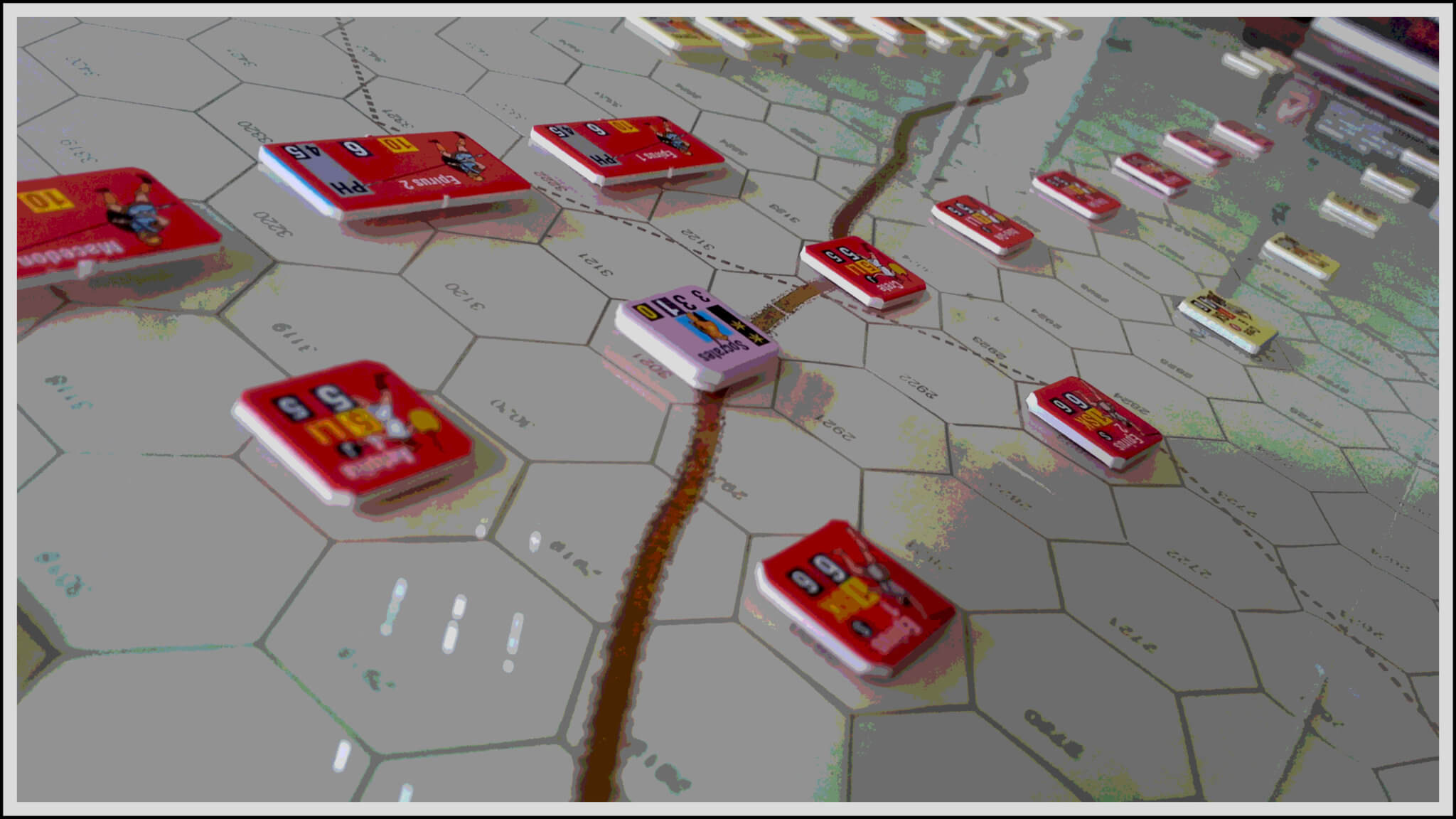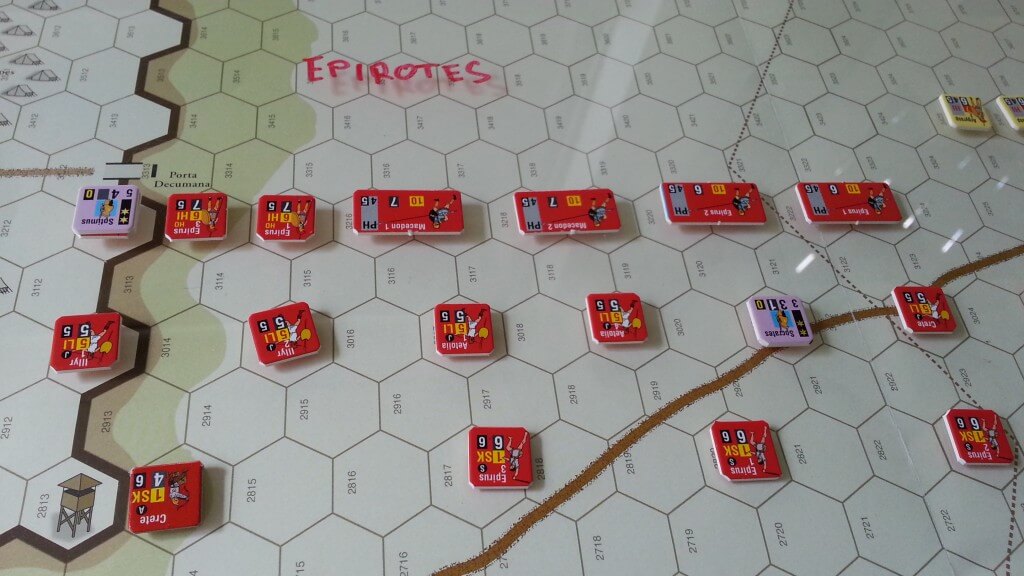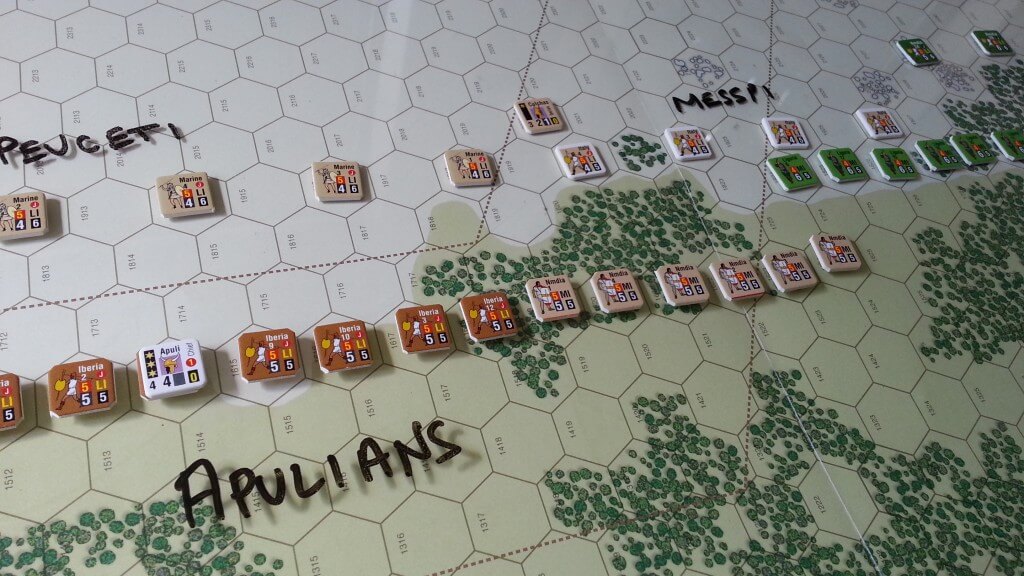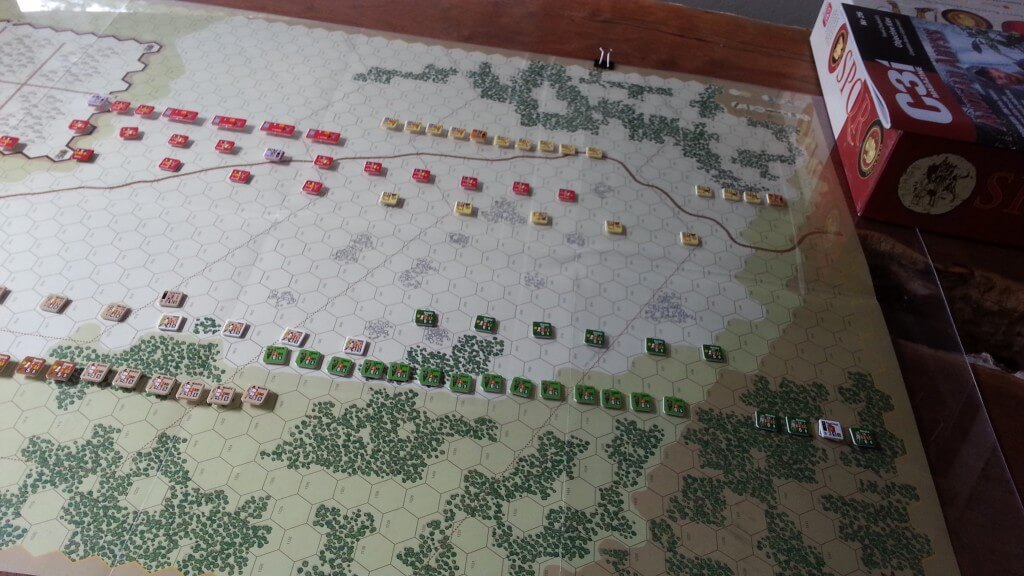The Battle of Sipontum, was led on one side by the Epirote ‘e/pie/wrote’ King Alexander I Molossus. Whose army consists of 20,000 infantry and 3,000 elite cavalry. Their infantry consist of Phalanx based formations and lighter troops.
Facing him was the Apulian Army led by their chieftain, whose army numbered approximately 23,000 foot and 2,500 horse.
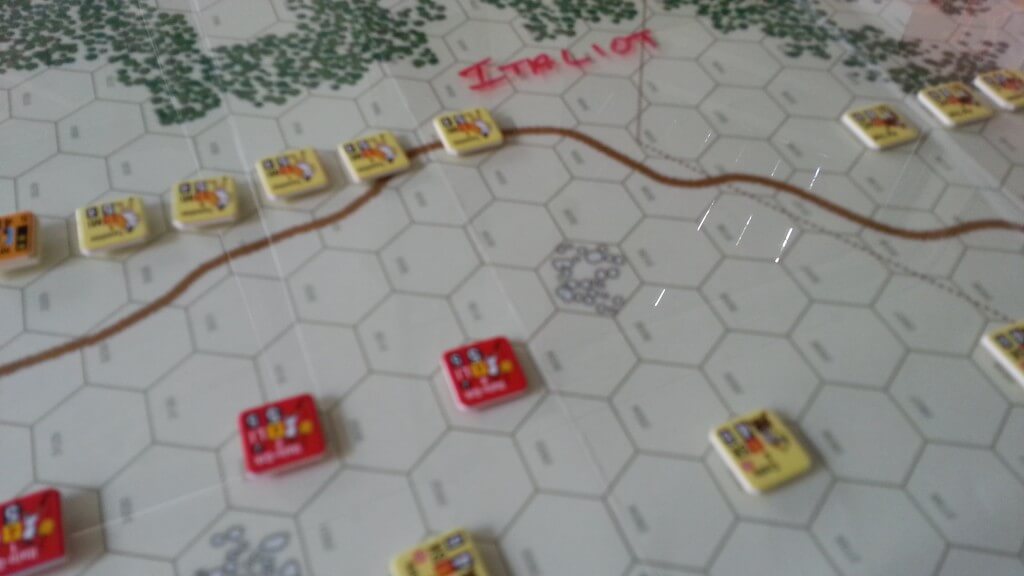
They had elected to establish themselves in broken and rough terrain to interfere with the dense Epirote formations.
Why did this war come about? Magna Graecia is the s the name of the coastal areas of Southern Italy on the Tarentine Gulf that were extensively populated by Greek settlers; particularly the Achaean settlements of Tarentum, Croton, and Sybaris, and to the north, the more loosely settlements of Cumae and Neapolis.The settlers who began arriving in the 8th century BC, brought with them their Hellenic civilization, which was to leave a lasting imprint in Italy, such as in the culture of ancient Rome, in which the Roman poet Ovid in his poem Fasti referred to the south of Italy as the land of greater Greece.
In 334 BC, Alexander I, at the request of the Greek colony of Taras (in Magna Graecia), crossed over into Italy, to aid them in battle against several Italic tribes, the Lucanians and Bruttii. After a victory over the Samnites and Lucanians near Paestum, 332 BC, he made a treaty with the Romans. Success still followed his arms. He took Heraclea from the Lucanians, and Terina and Sipontum from the Bruttii. Through the treachery of some Lucanian exiles, he was compelled to engage under unfavourable circumstances in the battle of Pandosia and was killed by a Lucanian. He left a son, Neoptolemus, and a daughter, Cadmea.
In a famous passage that is often considered the first specimen of alternative history, Livy speculates on what would have been the outcome of a military showdown between Alexander the Great and the Roman Republic. He reports there that as Alexander of Epirus lay mortally wounded on the battlefield at Pandosia he compared his fortunes to those of his famous nephew and said that the latter “waged war against women”.
Shortly Images from Battle.
